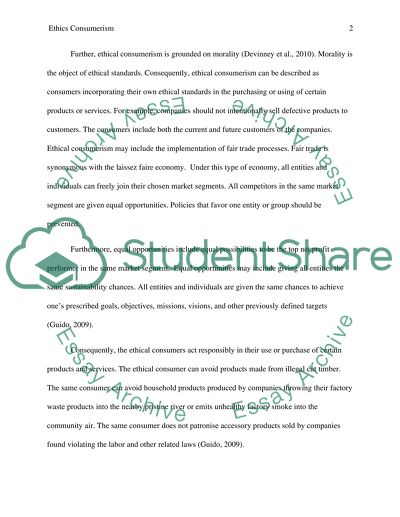Cite this document
(What Ethical Consumerism Means for Co-operative Bank Plc Research Paper, n.d.)
What Ethical Consumerism Means for Co-operative Bank Plc Research Paper. Retrieved from https://studentshare.org/finance-accounting/1654850-write-an-analytical-business-report-on-what-ethical-consumerism-means-for-businesses-co-operative-bank
What Ethical Consumerism Means for Co-operative Bank Plc Research Paper. Retrieved from https://studentshare.org/finance-accounting/1654850-write-an-analytical-business-report-on-what-ethical-consumerism-means-for-businesses-co-operative-bank
(What Ethical Consumerism Means for Co-Operative Bank Plc Research Paper)
What Ethical Consumerism Means for Co-Operative Bank Plc Research Paper. https://studentshare.org/finance-accounting/1654850-write-an-analytical-business-report-on-what-ethical-consumerism-means-for-businesses-co-operative-bank.
What Ethical Consumerism Means for Co-Operative Bank Plc Research Paper. https://studentshare.org/finance-accounting/1654850-write-an-analytical-business-report-on-what-ethical-consumerism-means-for-businesses-co-operative-bank.
“What Ethical Consumerism Means for Co-Operative Bank Plc Research Paper”, n.d. https://studentshare.org/finance-accounting/1654850-write-an-analytical-business-report-on-what-ethical-consumerism-means-for-businesses-co-operative-bank.


